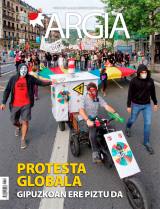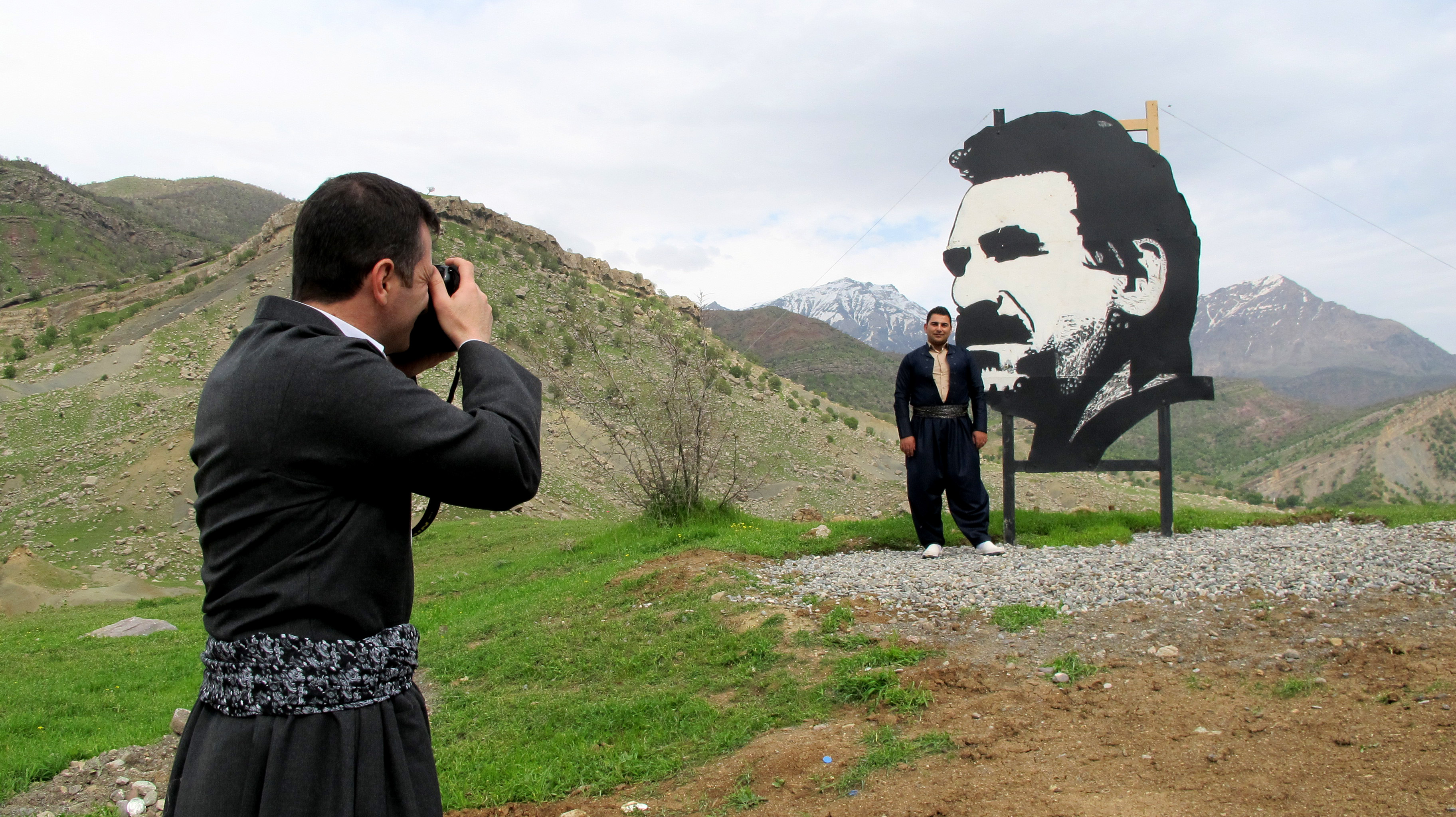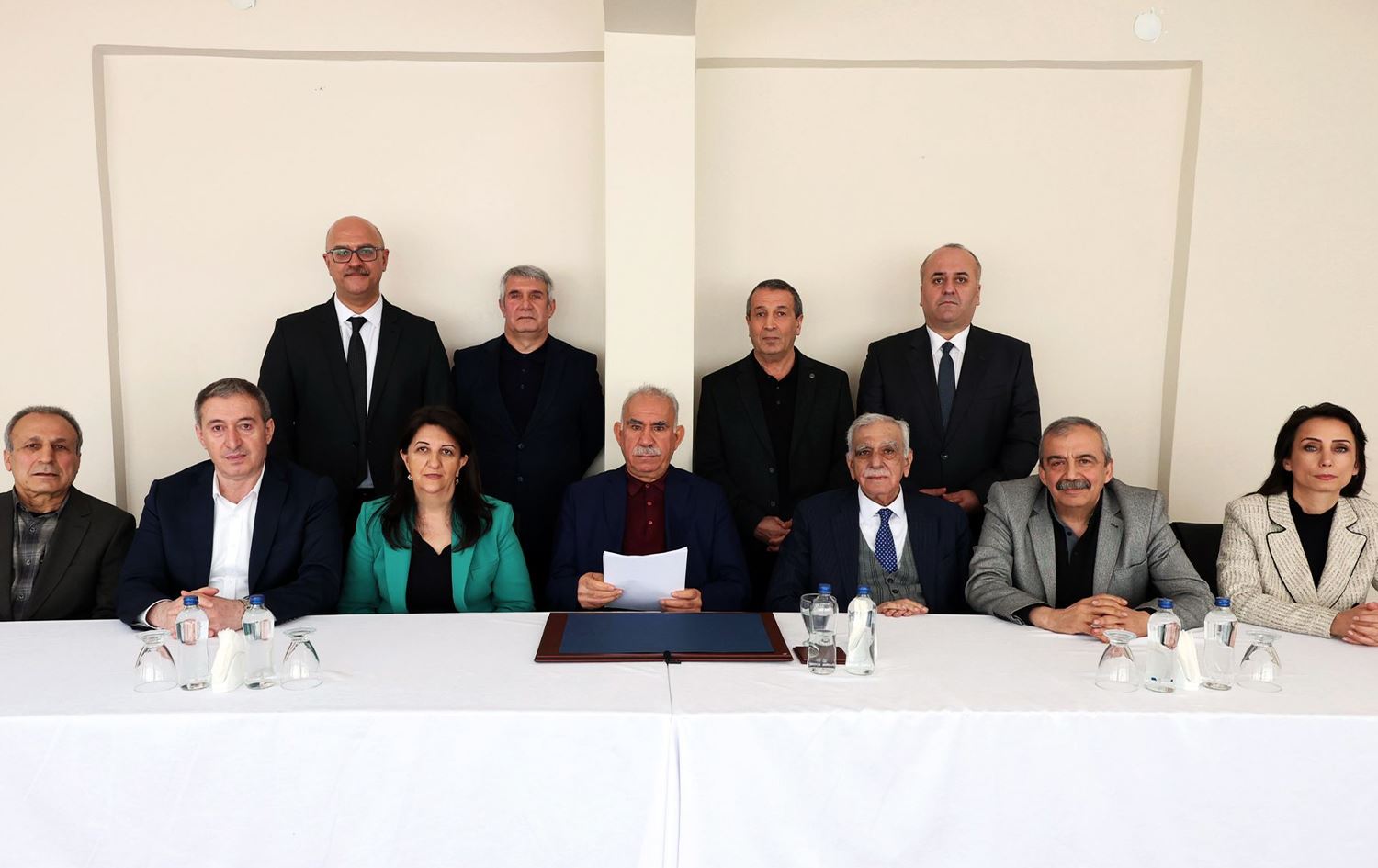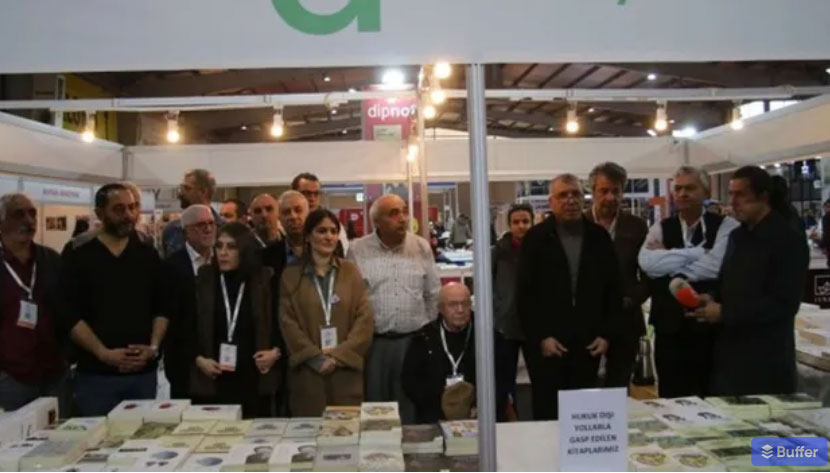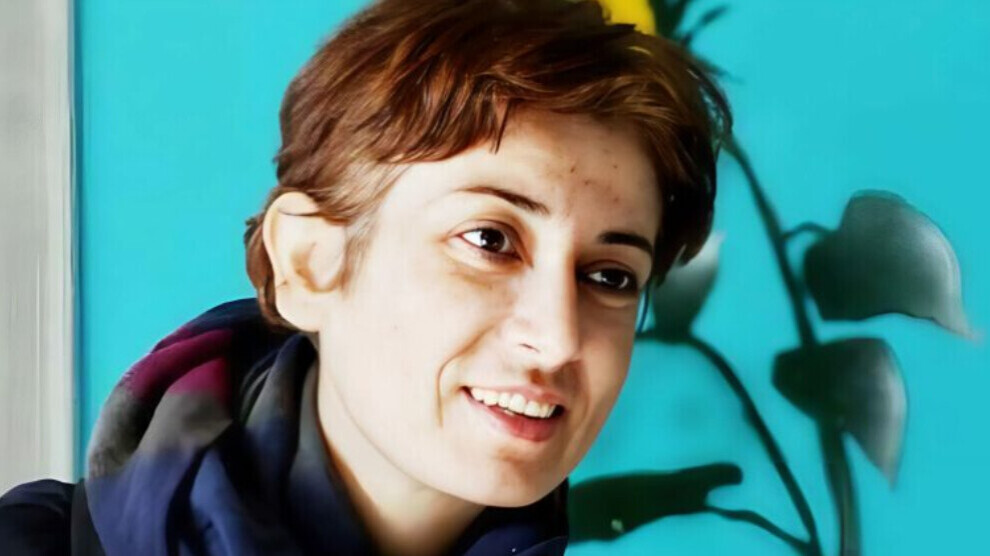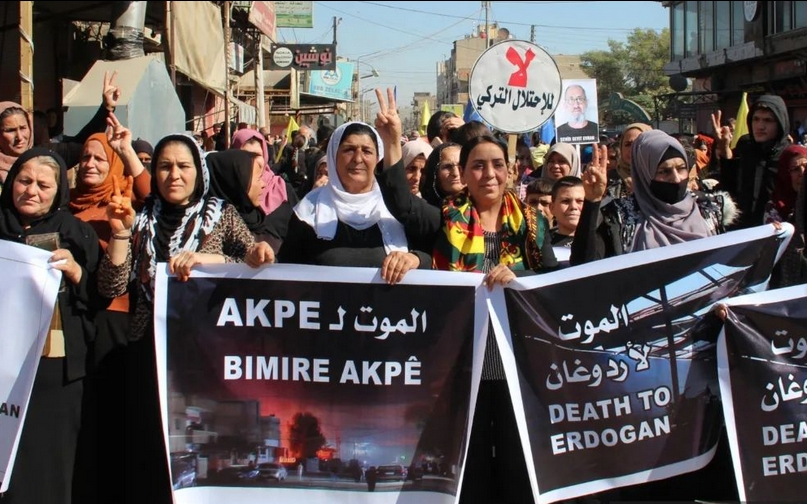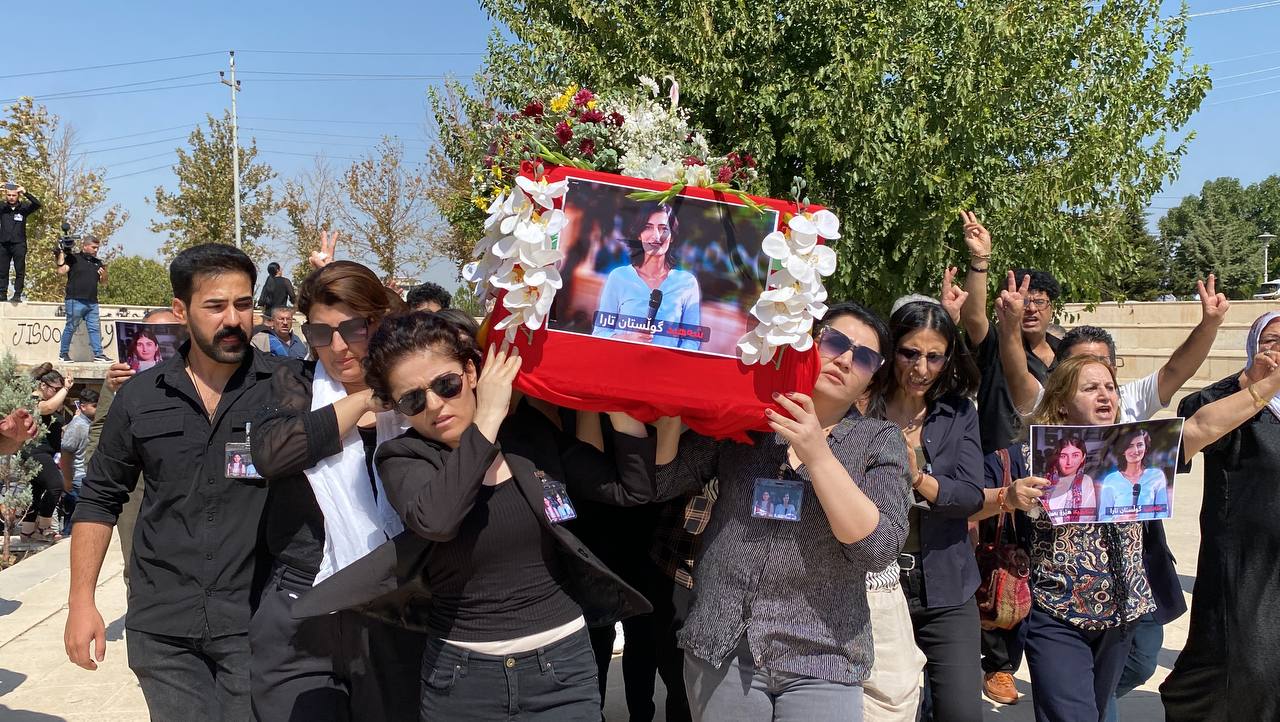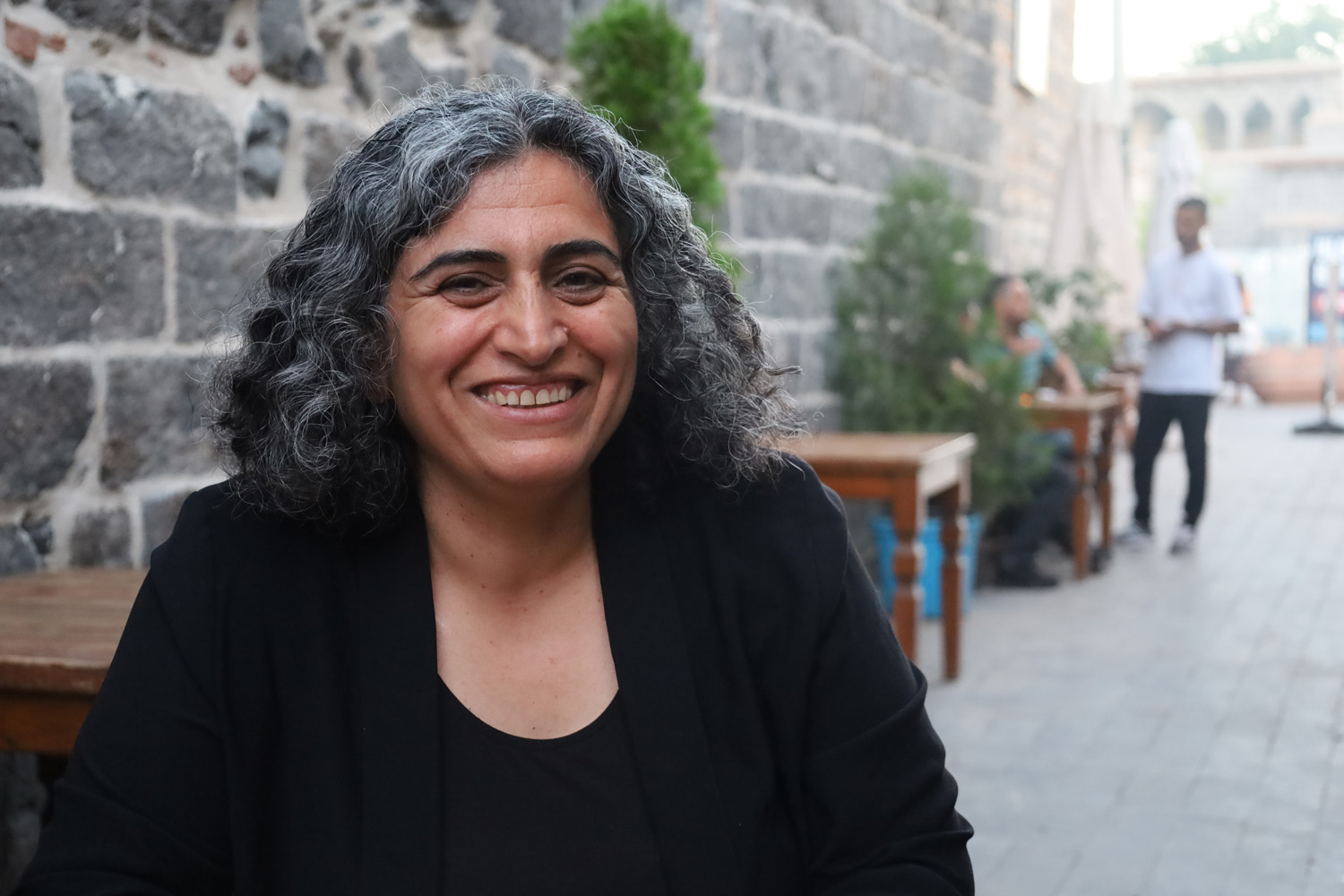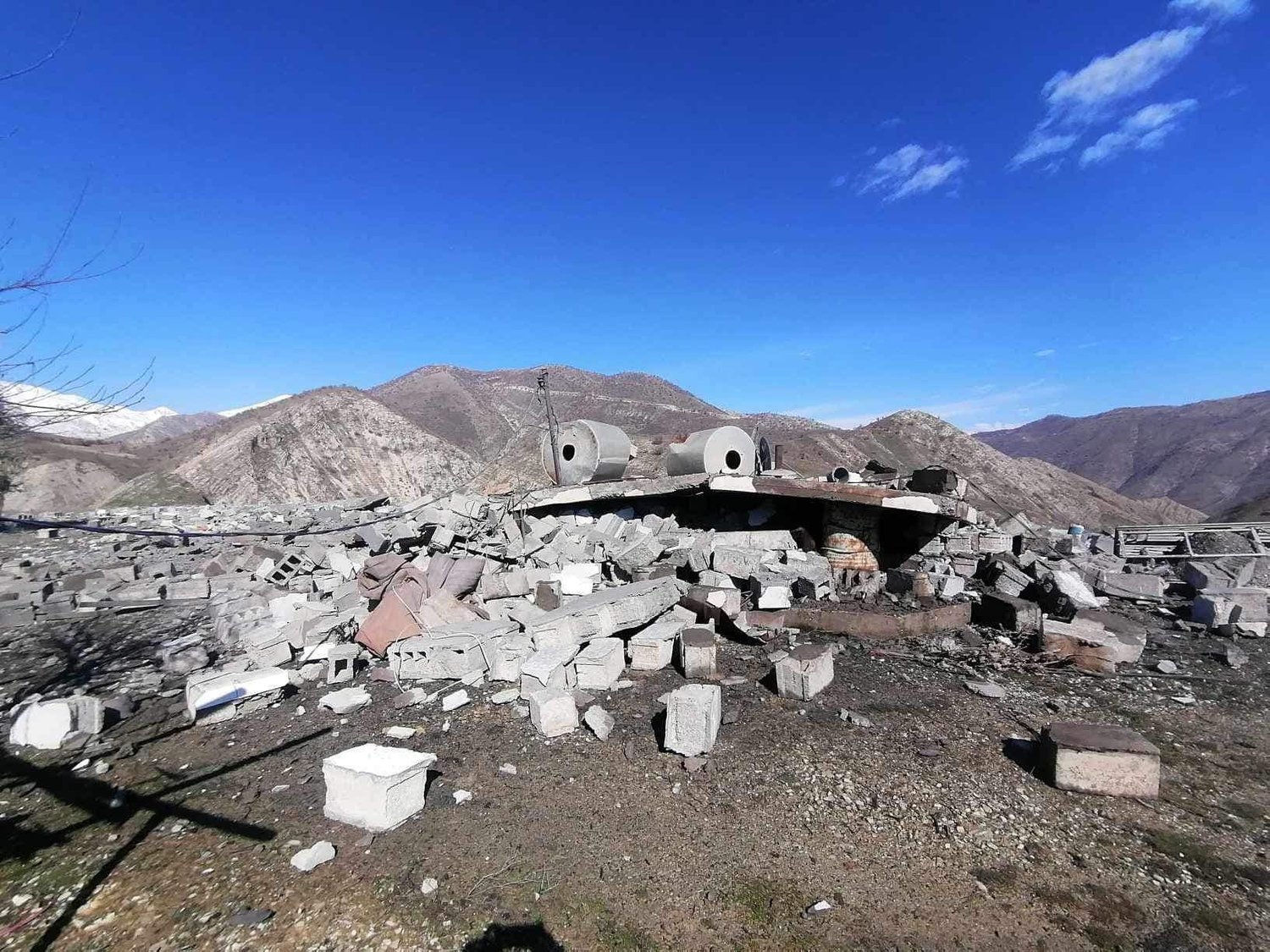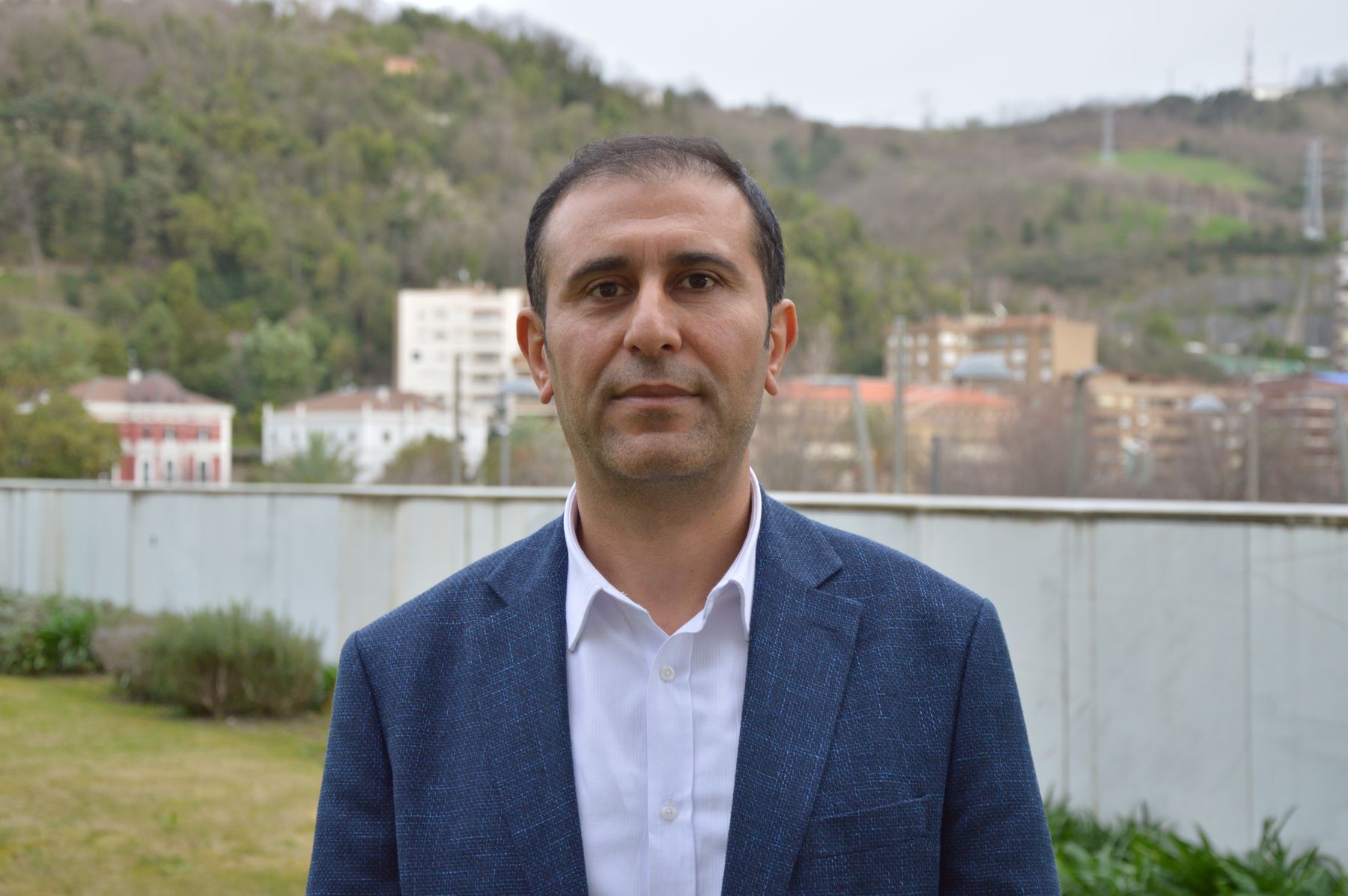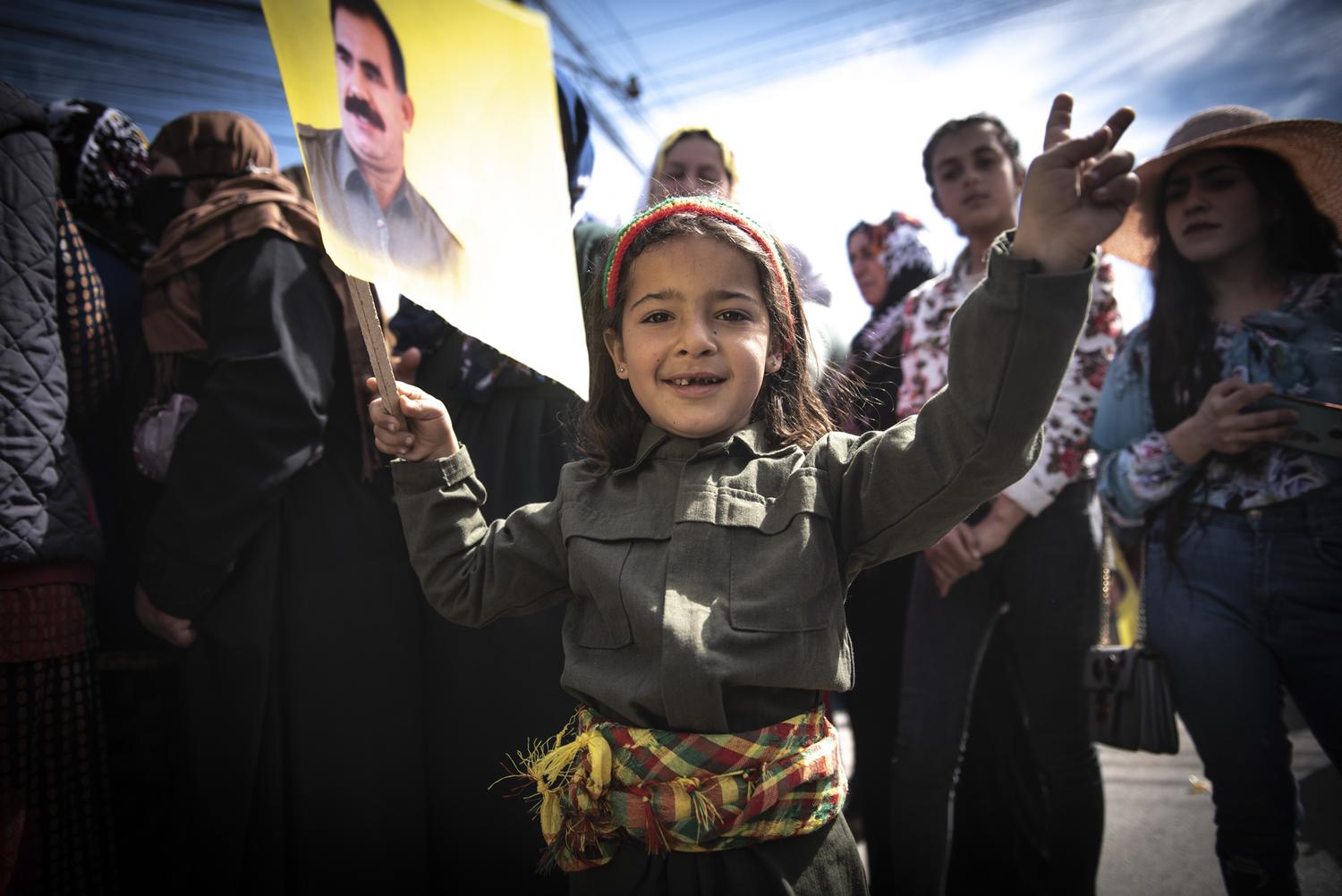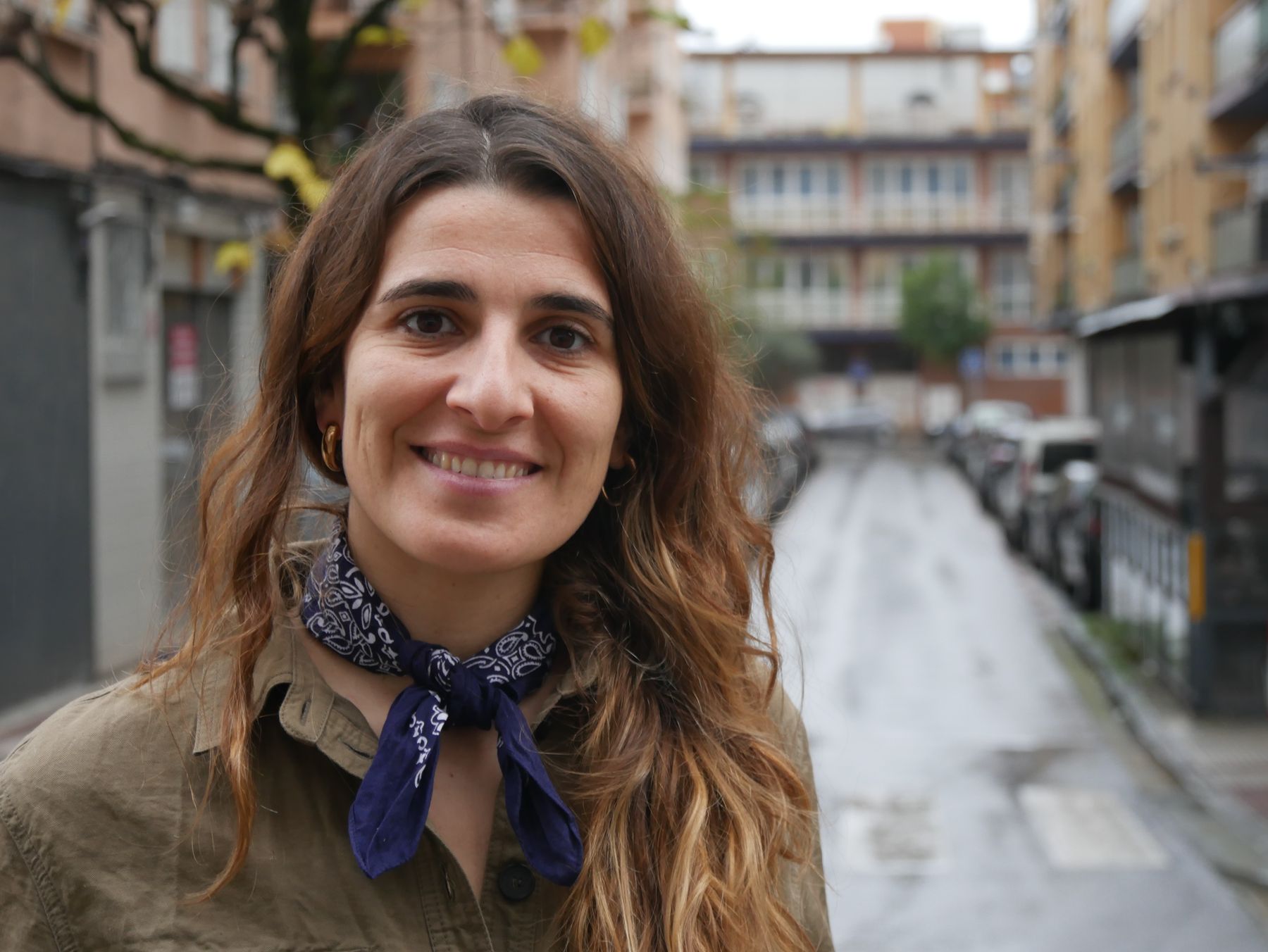How Turkey is transforming under the pretext of the Diyarbakir war in Kurdistan
- The “war on terrorism” that Turkey has hardened in Diyarbakir and other major cities in Kurdistan has a political, economic and urban objective: to destroy entire neighbourhoods dismantled by artillery or emptied by the flight of the population, to build new luxury buildings, to expel citizens who are not docile to power, to transform historical memory.
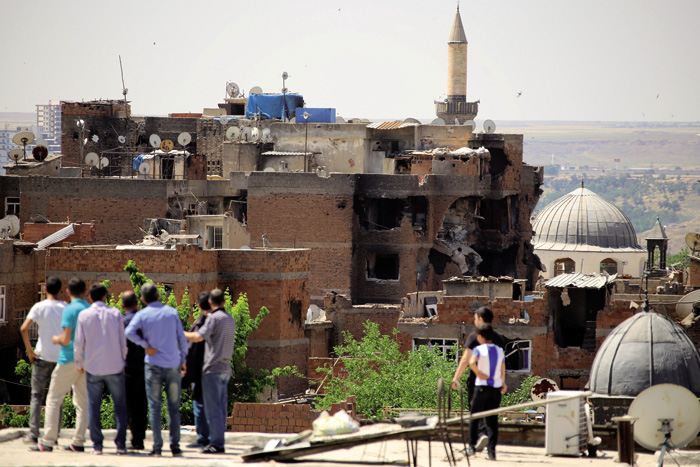
The Turkish Government has often shown that it is a teacher in taking advantage of human tragedies. The 1999 earthquake in the Marmara region allowed the authorities to demolish all the neighborhoods of Istanbul and rise from scratch. The same is true of the cities of Kurdistan in 2016.
“Fortunately this time nature has not caused the disaster in Turkey. But a humanitarian and cultural crisis is occurring. In the clashes between the Turkish Army and the PKK in the city of Diyarbakir, in southeastern Anatolia, much of the historic Southern neighbourhood has been reduced to dust. Not only the places declared a World Heritage Site by UNESCO, but also the places inhabited by the citizenry have been destroyed. The majority of the population has fled some neighborhoods of Surre in an siege that has lasted for a hundred days.”
Defne Kadioglu Polat, who investigates the transformation and social exclusion of cities at the University of Sabanci in Istanbul, explained in the article “Turkey’s war on Kurdish cities - clearing the way for ‘urban regeneration’?” published by Erdogan.
Naomi Klein explained in his famous book “The Shock Doctrine” how big corporations take advantage of crises of any kind, as the second part of the title will not reveal: “Strengthening Hondamendi Capitalism.” In other words, big investors take good advantage of the economic crisis, natural disasters and wars to make new leaps in their neoliberal agendas.
New Orleans of the United States is mentioned as an archetypal case, as it has made Katrina “the most neoliberal city in America” after the catastrophe caused by the storm, to the detriment of the socio-economic fabric and thousands of citizens there before the floods. New Orleans is now a fully gentrified city, many of those forced to leave their homes have not been able to return and the capital of Louisiana has been under the influence of major investors.
In fact, the transformation of Diyarbakir had taken its first steps in 2009, when the city council, then favorable to the autonomous Kurdistan, approved the demolition of unauthorized houses, “temporarily” bringing its inhabitants 20 kilometers from the city. However, many neighbors were not willing to leave the old streets of all life.
Now, with the war, the Government of Istanbul has found a way to speed up the process. The head of the architects of Diyarbakir, Merthan Anike, has denounced that the military operation of Sur has served the government to sell through the main media the urban reform of Diyarbakir and Sur, without consulting the local authorities.
HDP parliamentarian Feleknas Uca has protested that the government, on the pretext of preserving the historic neighborhood of Sur, is becoming a consumer center with new cafes, hotels and large areas. The Association of Kurdistan Municipalities has warned of the plan of “cultural genocide”.
The Kurds have reason to fear these major urban manipulations, following the earthquake in the vicinity of Marmara in 1999, the government launched the Kentsel Dönüsüm programme throughout Turkey and since then “have exponentially expanded the construction sector and completely transformed all the neighborhoods that were inhabitants of ethnic and religious minorities”, according to Defne Kadioglur.
Hyricide in Anatolia
French geography professor Matthieu Gosse explained the case of Diyarbakir in the new electronic media Invest “The old Diyarbakir neighborhood has been destroyed and remodeled with war.”
Following the outbreak of the Kurdish uprising, armed groups were consolidated in autumn 2015, consisting primarily of urban youth from the Revolutionary Abertzale Youth (YDG-H) and the Civil Protection Groups (YPS), both in Southern Diyarbakir and in Cizre, Silopi, Nusaybin or Yksekova. From then until March 2016, in the case of Diyarbakir, the city has been transformed by the state of siege and armed wars, organized by the mixture of the historical neighborhood and the new neighborhood of poor peasants arrived from the villages of Kurdistan since 1980.
The toughest struggles have been interrupted in mid-March, and Diyarbakir, of 950,000 inhabitants, has the highest municipal representatives, including the mayor himself. The army has displayed its flags and the Turkish nationalist slogan in the buildings controlled until recently by the Kurdish autonomists, the government has reported. All the doors of the wall surrounding the old south district are paved with concrete blocks, except five.
Goss, who analyzed Diyarbakir in April 2013, reported the changes found in the two-day visit that took place this April. Not all neighborhoods have suffered the same. To the south of the Melikahmet district, on the streets of Lalebey, Alipaşa, Ziya Gökalp or Abdaldede there are many ambushed houses, the graffiti wall shows that here there were many supporters of the PKK: “In the first narrow streets the social life was great, the children put an amazing atmosphere. The large meadows surrounding the walls, formerly crowded with people, were now deserted. It is seen that the majority of the population has escaped and, after calming the fights, they have not returned.”
In the neighborhoods of Iskenderpaşan or Melikahmet, on the contrary, the geographer has barely found traces of bullet in the buildings, most of the graffiti you see are in Turkish and even today Turkish police are more controlled. A lot more people have stayed.
The worst situation has been found in eastern South: Fatihpaşa, Debutante, Savaida, Cemal Ylmuru… They force 15,000 people to leave. Access to the neighbourhood is prohibited. The youth of the pro-PKK militias (IDG-H, YPS) entrenched here, it is not known how many, hundreds, but – says Goss – the people of Diyarbakir did not follow them. All soldiers were killed or imprisoned.
Turkey is bringing down whole parts of this neighbourhood, without witnesses, to complete the destruction that began in the war, whole blocks of homes torn down with bulldozer, lorries loaded with debris are continuously leaving there.
In March, the Ankara government decided to expropriate 6,292 homes from the South South, municipal buildings and Christian churches. Prime Minister Ahmet Davutoglu said: “We will rebuild South as Toledo.” Matthieu Goss writes: “The Davutoglu reconstruction project seems to respond to the AKP’s mentality: authoritarian gentrification, alienation from the poor, ideological reading of the past, urban landscapes like those decorated that look like cardboard.”
Lurrikara geopolitiko bat astintzen ari da Ekialde Hurbileko mapa. Anabasaren erdian, Abdullah Öcalanen bakerako azken deiak mahai gainean jarri du eskualdeko gatazka armatu zaharrena. Ez, aurrekariek ez diote bide ematen itxaropenari, eta historiaren trena inoiz baino... [+]
SDF kurduek gidatutako koalizioak eta Siriako Gobernuak su-etena adostu dute. SDFk Siria ekialdeko eta ipar-ekialdeko eremu zabala kontrolatzen du egun, eta hitzarmenak jaso duenez, gobernuaren esku geratuko da orain.
Abdullah Öcalan buruzagiak PKKri otsailaren 27an eskatu zion armak uzteko. Taldeak egin duen adierazpenean babes osoa agertu dio buruzagiari eta Öcalanek eskatutakoa betetzeko konpromisoa adierazi du.
Urteak iragan dira bere azken argazkia ikusi zenetik. 26 urte daramatza preso Abdullah Öçalanek Turkiako Imrali uhartean, "erakunde terroristako" buruzagitza egotzita. Ostegun eguerdian bere bideo bat ez, baina argazki berri bat zabaltzeko baimena eman du... [+]
Turkish helicopters and fighter aircraft cover the sky in the Kurdish area in northern Iraq. The Turkish Air Force has bombed 381 sites in the major military operation in recent weeks in the Kurdistan Autonomous Region (DRC). The Turkish Ministry of Defence has stated that "the... [+]







